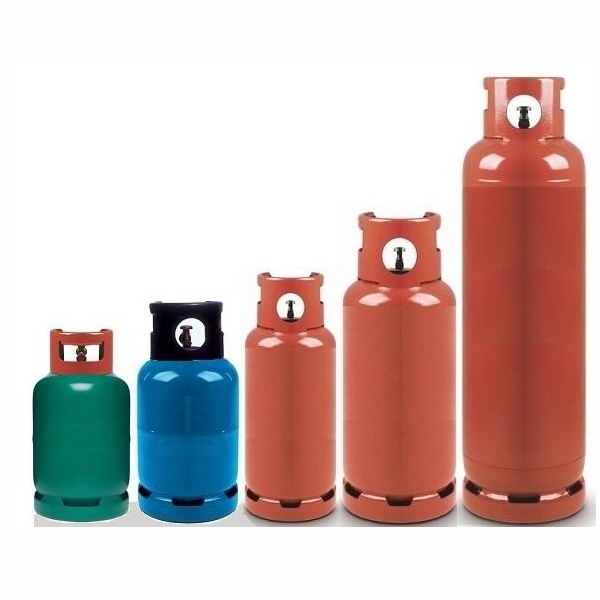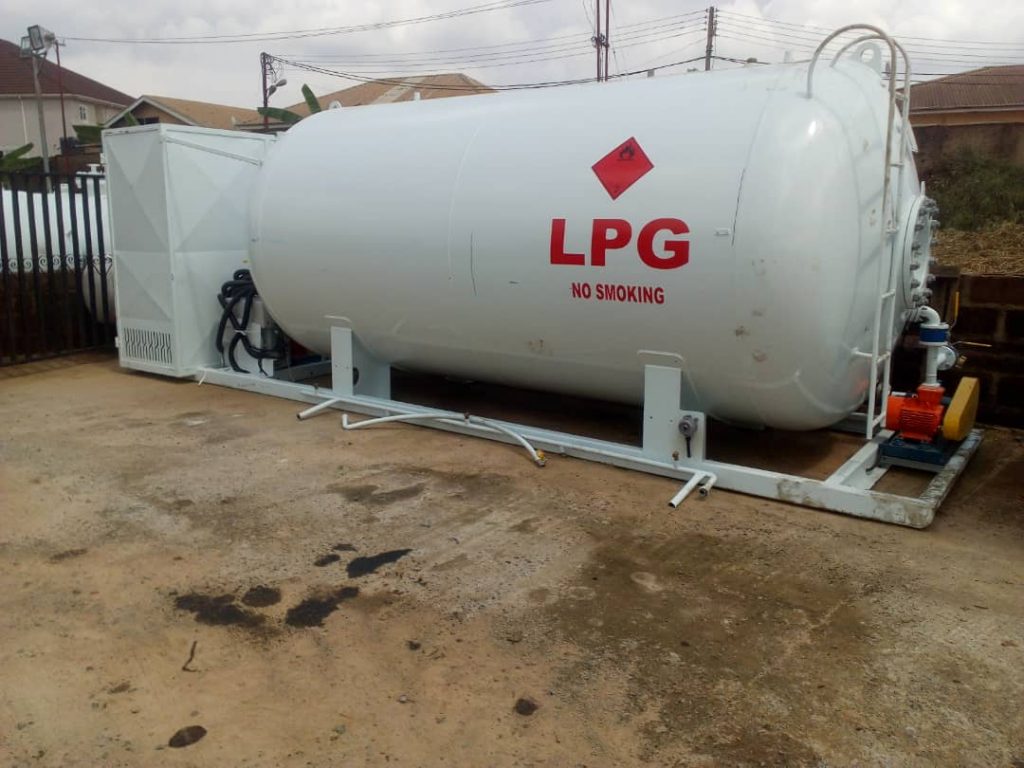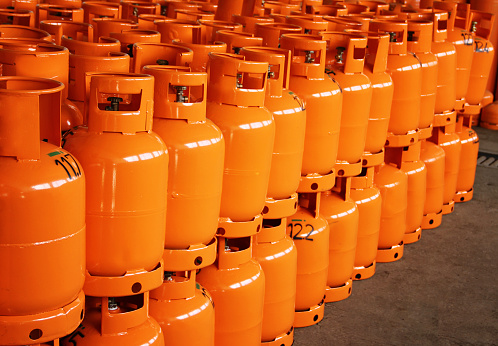The Nigerian National Petroleum Corporation, NNPC, has stated that the nation’s aim of attracting investors to its gas utilisation drive and creating value for the economy has been responsible for different gas prices in the domestic market.
The Chief Operating Officer, Upstream, Nigerian National Petroleum Corporation, NNPC, Mr. Bello Rabiu, made this known yesterday, at the just concluded Society of Petroleum Engineers, Nigeria Annual International Conference and Exhibition in Lagos. According to him, “Part of the reasons for the gas master plan is to make the domestic gas market viable and reduce entry barriers. “As incentives, we have one gas price for power, another for industries, so that they can have cheaper energy. Also, there is a different price for gas-based industries such as fertilizers and petrochemicals. This is aimed at arriving at a willing buyer, willing seller model of pricing.” He further stated that,
“The end goal of this is so that Nigerian companies in these industries can compete favourably with companies that produce similar products around the world. In this sense a Nigerian fertilizer manufacturer should be able to compete with other fertilizers makers around the world. “To ensure there is willing buyer, willing seller model in the domestic gas market, the NNPC decided 5 billion standard cubic feet of gas daily, will be able to sustain supply and sufficiency of gas to the domestic market.” Also speaking, the Managing Director, Shell Nigeria Exploration and Production Company, SNEPCo, Bayo Ojulari, said: “If the right people are placed in areas where we want things to be done, this country will move forward.
Apart from human capacity in our oil and gas business, human capacity in diversify economy, is the key element we need to focus on, we cannot do any of this without building human capacity and hence the collaboration with universities must be more solid than it used to be. “In Nigeria, 2 million people enter the labour market every year and the biggest economies around the world are leveraging on their population, if your population is productive. It is a blessing. “But diversification must be focused. We need a diversification roadmap that will integrate Nigeria economy and it should be underpinned as jointly signed by commitment that shows what each of us is going to contribute to building the roadmap, and every year, as we reflect on our performance against that, and we show where we are, and how we are moving forward.
“For Nigeria to diversify its economy, it must leverage on the low hanging fruits, such as, agriculture, petrochemicals, which use gas as its feedstock and more importantly, education and technology. “To reap the benefits of a diversified economy, an enabling environment is needed. This includes security, transparency and accountability, infrastructure (power, pipeline networks) and effective Public Private and Academia (PPA) partnerships.” Chairman and Managing Director, Chevron Nigeria Limited Jeffrey Ewing noted that, “Gas is a big source of economic diversification. It can transform agro based industries through the use of fertilizers. “But to attract the needed investment, we need fiscal terms that incentivise investors. Some companies have supplied gas but have not been paid. We also need fiscal terms that encourage small and medium term projects.”




